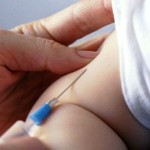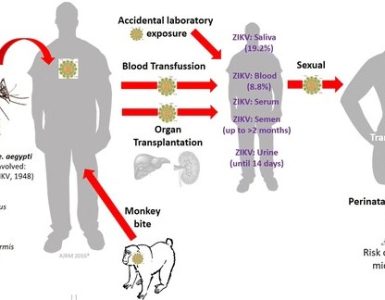 Many things about pertussis remain unknown, including the exact cause of the tell-tale non-productive paroxsysmal cough unique to only this respiratory infection.
Many things about pertussis remain unknown, including the exact cause of the tell-tale non-productive paroxsysmal cough unique to only this respiratory infection.
James D. Cherry MD, MSc, from the David Geffen School of Medicine at UCLA, presented findings of a study here during the Pediatric Academic Societies Annual Meeting that indicates the cause of the pertussis-generated whooping cough is a protein yet to be identified.
“There is an awful lot we don’t know about pertussis,” Cherry told Infectious Diseases in Children. “There are about 300 proteins that make up Bordetella pertussis that haven’t been identified, so my suggestion is that there is another cough toxin.”
Cherry said that much of the molecular microbiology for B. pertussis has been done in animals, which as it turns out, most of which is irrelevant for humans.
“What is particularly interesting is the tracheal cytotoxin, which supposedly destroys cilia. When we looked at that in infants who died, the cilia were normal,” Cherry said, adding that these results were published in a paper published in 2008. “In a study 100 years ago, a study showed the same thing. This just shows that there are really two important toxins: one is pertussis toxin and the other toxin that causes cough, but we don’t know what that toxin is.”
Proteins that have a role in colonization and persistence of infection include ACT, type 3 secretion, FHA, FIM, LPS and several auto-transporters (PRN, Vag 8, Brk A, Bap C, Sph BI). Toxins that play no role in infection or disease manifestations include DNT and TCT. Clinical pertussis is a toxin-mediated disease caused by pertussis toxin, which inhibits host cell G-proteins, and a second as-yet unidentified toxin that causes the unique cough, according to Cherry.
In the meantime, Cherry said that the severe manifestations of infant pertussis caused by pertussis toxin can be prevented by maternal immunization and early immunization of infants.
Additional studies are being planned that will hopefully lead to new vaccines and other control strategies.
Source: Healio

















